After 1,941 days in captivity by Hamas in Gaza, Israeli soldier, Gilad Shalit, looking exhausted and malnourished, was finally released and returned to Israel on the afternoon of Tues., Oct. 18, around 1 p.m. Israel time, in exchange for 1,027 Palestinian prisoners from Israeli jails.
“I am thrilled that Gilad has returned, and it’s really an amazing thing for all the Israelis back home,” said Noa Ben Ami, an Israeli emissary at Temple Israel in Westport.
Shalit was 19 years old when he was captured during a cross-border raid, and has been held in captivity with no contact with anyone, including the Red Cross.
Human Rights organizations argued that Hamas’ refusal to allow visits from the Red Cross contrasted the International Humanitarian Law. According to these organizations, Shalit should have been allowed visits from the International Committee of the Red Cross, and contact with family members.
Shalit was greeted by Israeli Prime Minister Benjamin Netanyahu at the Tel Nof base in Tel Aviv, who escorted him to his parents, Noam and Aviva, his siblings, Yoel and Hadas, and his grandfather Tzvi.
“All of us are united with happiness and pain,” Israeli National News reported Netanyahu said.
Netanyahu furthered that the decision to release over a thousand Palestinian prisoners was a difficult decision, but also very necessary.
“I faced the need to bring home someone who was sent to fight for Israel….I always knew that if I and my friends were to fall into captivity, the government and the IDF would do everything they could to return me home…” Netanyahu said.
At around the same time as Shalit’s release, busloads of Palestinian prisoners were released at the Mukatah, the headquarters of Palestinian President Mahmoud Abbas’s government in Ramallah.
These 477 prisoners, many of whom were convicted of terrorism inside Israel’s borders, were greeted by crowds of excited family members and friends.
The release of these prisoners is very controversial, with many people in support of the negotiation for Shalit’s freedom, and many others concerned for the safety of Israeli citizens.
“One life is important, but it might have been at the cost of a bunch of other people’s lives because of all the criminals being released,” said Lexi Paul ’12.
Ben Ami views the situation differently.
“Most of my friends are in the army now and there are concerns we will get into a war and things will get messy, but I think it was worth it to see him alive and see him smile,” Ben Ami said.
UAV operator and Captain in the Israeli Defense Force, Reut Back, worries Hamas will continue kidnapping soldiers, but explained that “the army leaders say Israel is strong enough and will be able to deal with the 1,000 terrorists who got out.”
Some question the legitimacy of Israel’s right to have had all of those prisoners in the first place.
“I think [Israel] is in the right to get [Shalit] back…but that said, I think prisoners of war is extreme and Israel shouldn’t have had so many,” Jordan Olsen ’12 said.
However Ben Ami explained that “these were not war prisoners, they were terrorists,” and that Israel did not take hostages like Hamas did with Shalit, but that they were imprisoned because they were convicted of crimes.
Ben Ami also explained that she believes the negotiation represents Israel in a very positive light because it shows that “Israel would trade 1,000 dangerous prisoners for one soldier” and she doesn’t think any other country would do that.
To many Israelis, Shalit became a symbol of Israel’s duty to retrieve its soldier’s and bring them home, no matter what it would take.
“All [that] time a lot of people were doing all kinds of things to make sure [Shalit] would be back as soon as possible,” Capt. Back said.
Along with the army’s efforts, many protests and events were held in order to push Israel and Hamas to come to an agreement, including a protest tent set up by Shalit’s parents right outside of Netanyahu’s home in Jerusalem. The couple vowed they would not leave until Shalit returned home.
Israeli citizens showed their support by signing posters of Shalit at the protest tent, donating money, driving with Gilad bumper stickers, or hanging yellow ribbons up.
“For over five years we have been . . . with Gilad Shalit.” Brig. Gen. Yoav Mordechai, an Israeli army spokesman said after Shalit’s release. “Today, Gilad Shalit is with us.”











































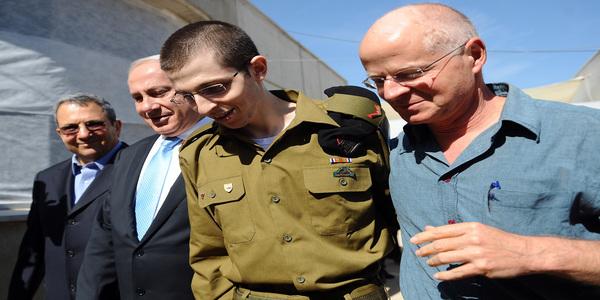


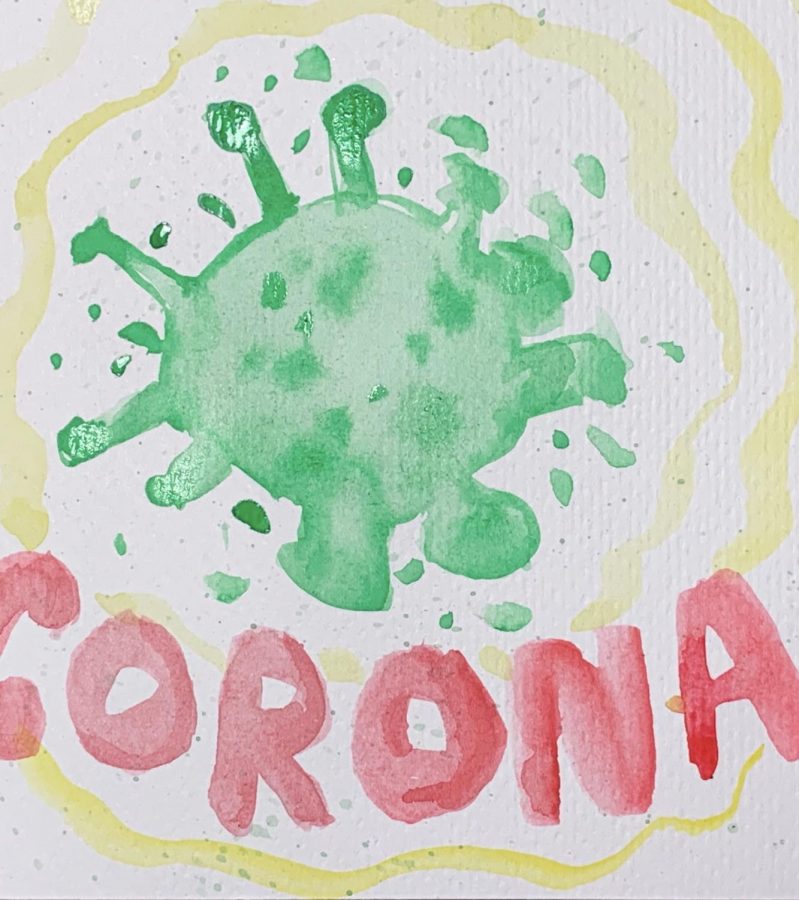
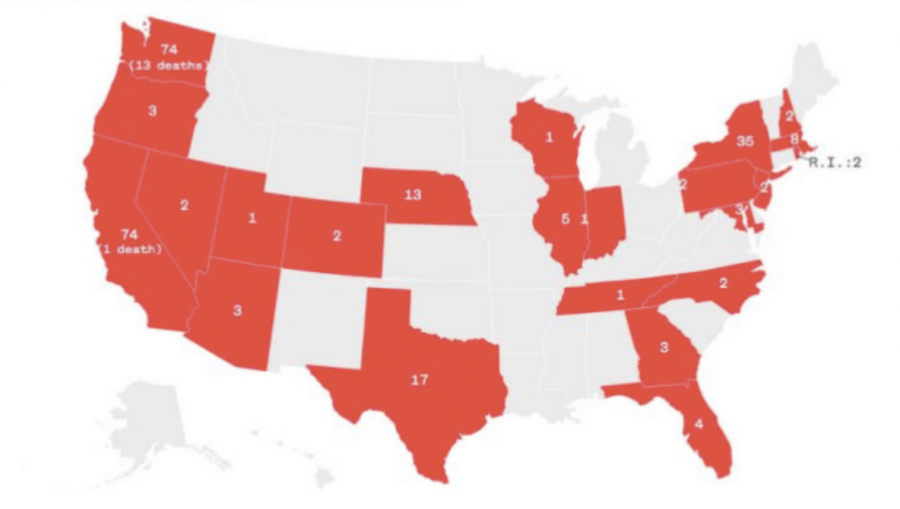
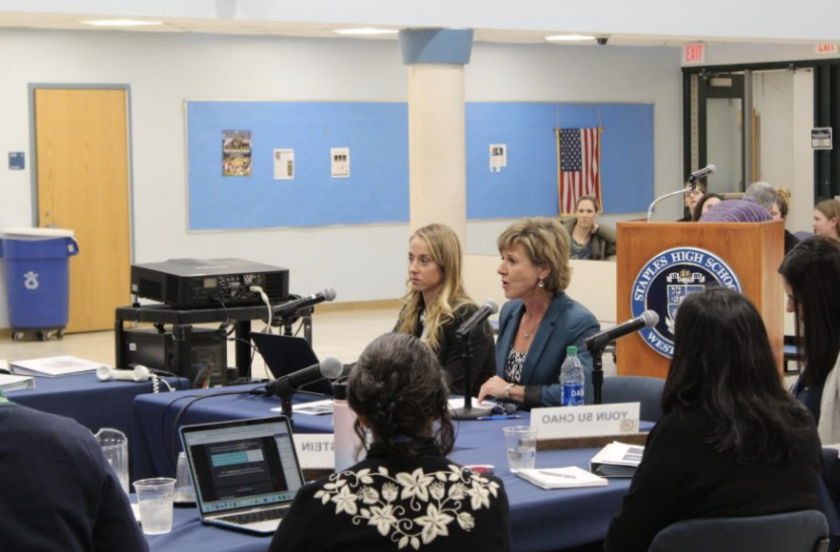
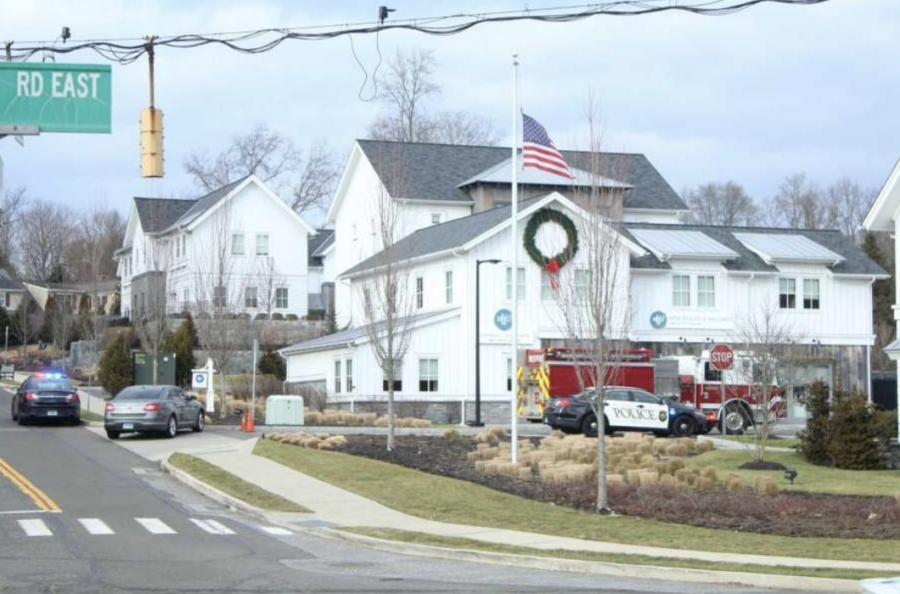
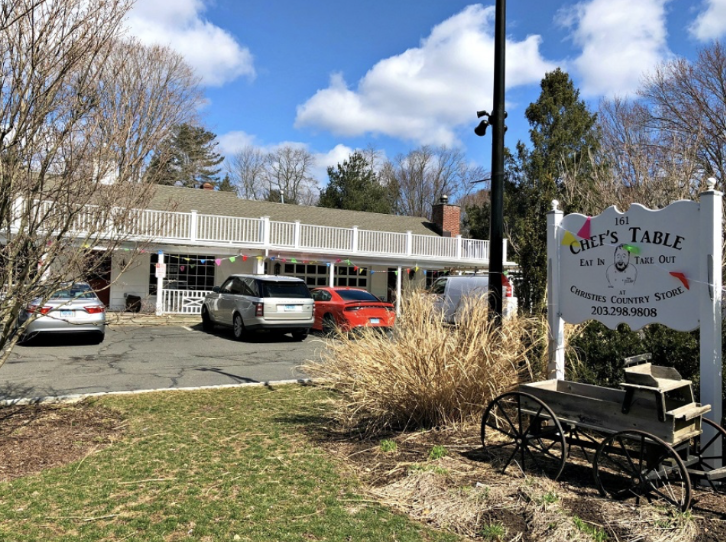

Nicole efdokata • Nov 17, 2011 at 4:02 pm
it is released in japan and will come to other territories when beyblade: metal masters starts internationally.